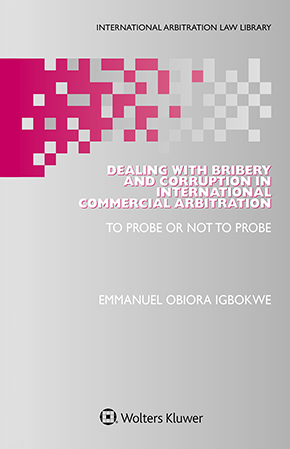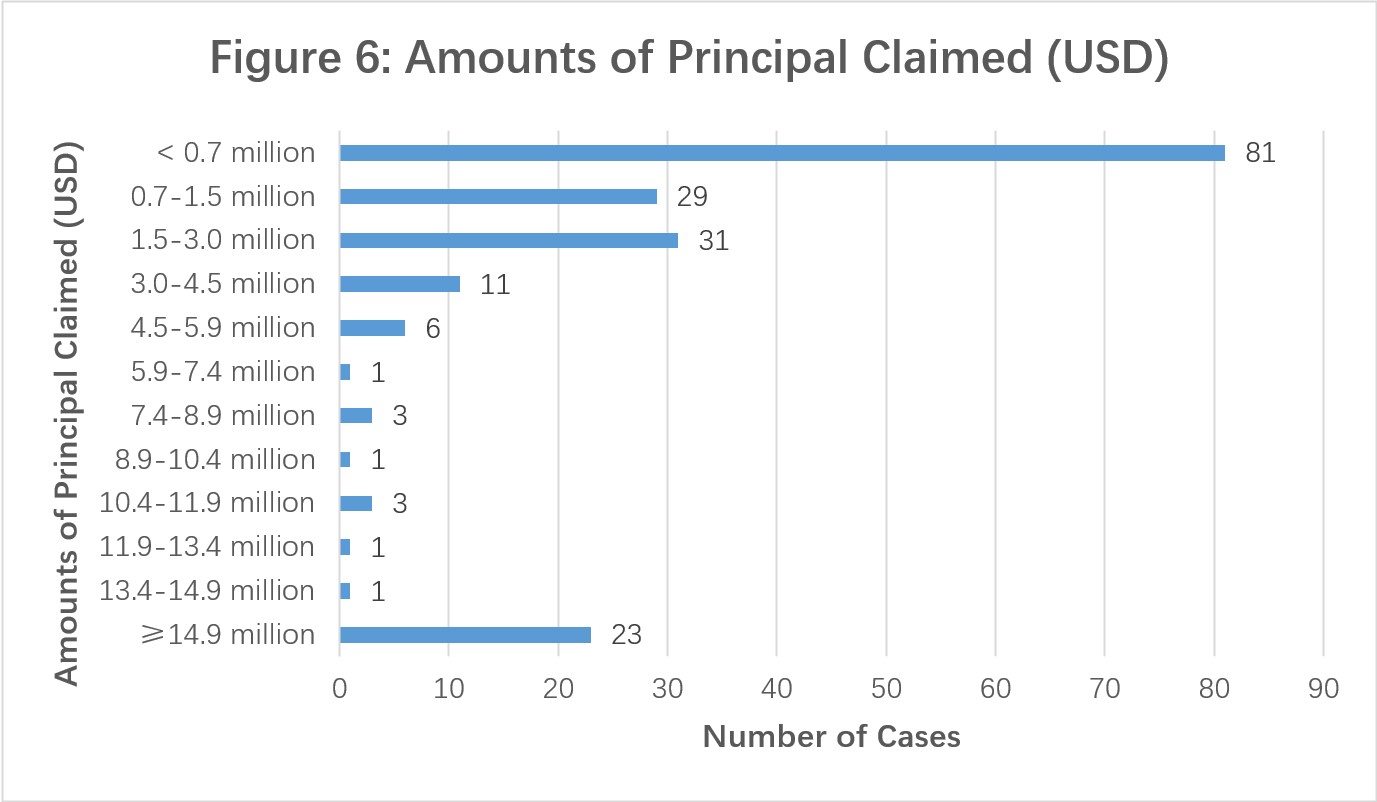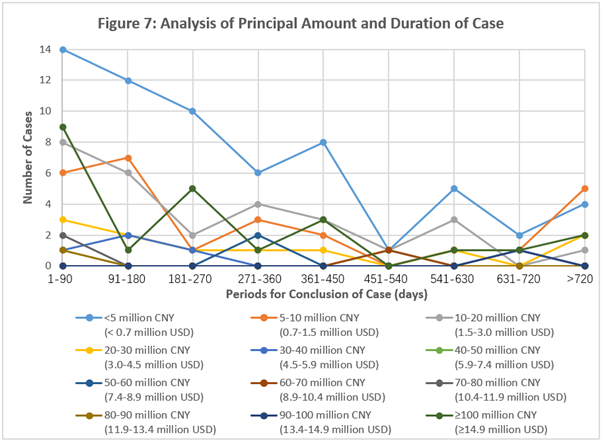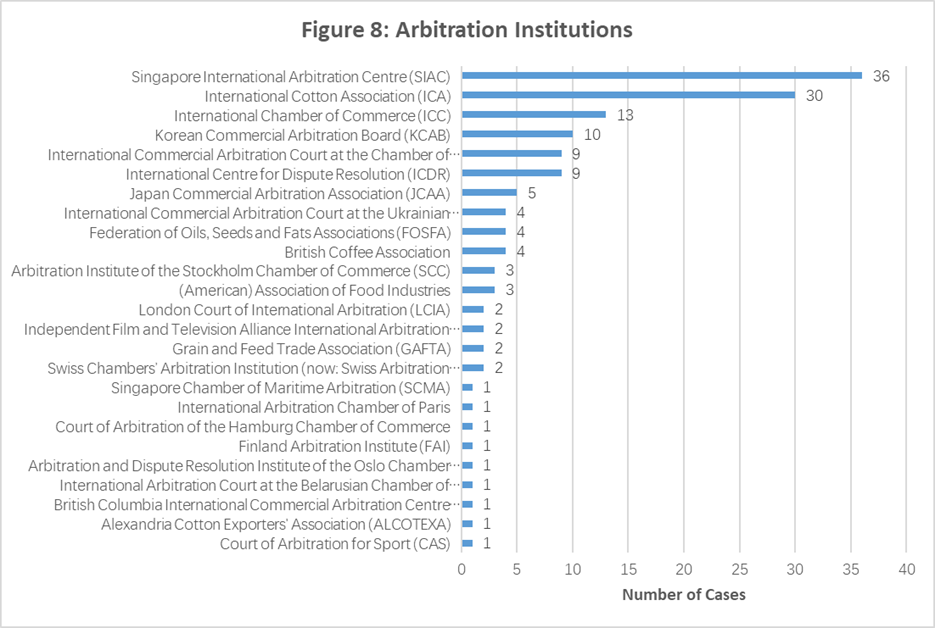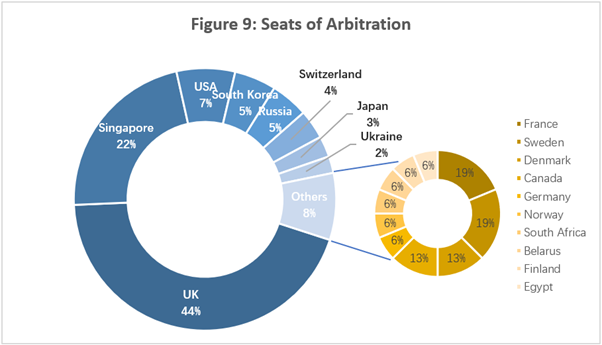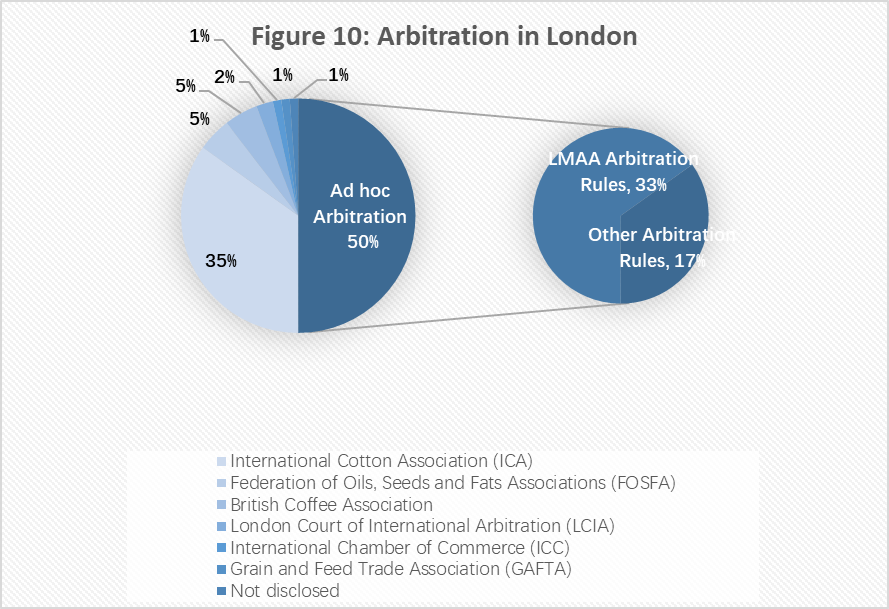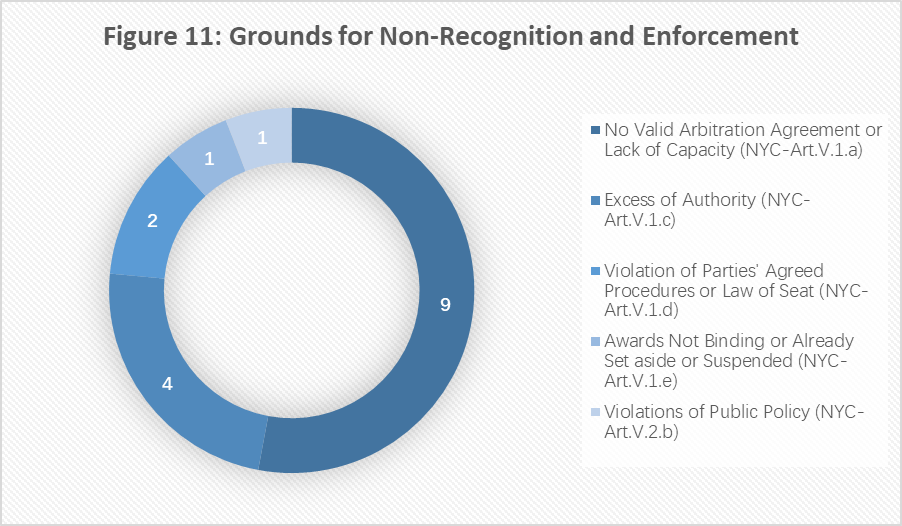In a recent decision, New York State’s highest court (the New York Court of Appeals) rejected an argument that a tribunal exceeded its authority, as to warrant vacatur, when it reconsidered and corrected an earlier decision rendered in a “partial final award.” The Court concluded that arbitrators are not functus officio to reconsider an interim or partial decision, unless there is “express, mutual agreement between the parties” that such decision is to “have the effect of a final award.”
Factual Background
The case, American International Specialty Lines Insurance Co. v. Allied Capital Corp. (“AISILC”), involved a dispute between two insureds and their insurance company. (Am. Int’l Specialty Lines Ins. Co. v. Allied Capital Corp., 35 N.Y.3d 64 (2020).) The insureds sought indemnification of a settlement amount and reimbursement for related defense costs under two insurance policies. The insurance company denied coverage and the insureds initiated arbitration with JAMS in New York before a tribunal of three arbitrators.
The insureds and insurance company separately moved for summary disposition in the arbitration. In their motion, the insureds noted that the exact amount of defense costs to which they were entitled could be determined in a separate evidentiary hearing, if the tribunal decided that the insurance company was liable for such costs. At oral argument, one arbitrator queried whether “a partial summary disposition [was] in the cards,” to which the insureds stated such suggestion “ma[de] the most sense.” The insurance company did not comment on the proposal, however, and the tribunal did not state on the record whether it would issue such a partial determination.
Nonetheless, the tribunal issued a decision, identified as a “Partial Final Award,” in which it determined that neither insurance policy covered the settlement amounts but that one policy covered defense costs. The tribunal further determined that the amount of recoverable defense costs would be resolved after a separate evidentiary hearing.
Before that evidentiary hearing, the insureds asked for reconsideration, arguing that the tribunal erred in denying coverage of the settlement amounts. The insurance company opposed reconsideration, arguing, among other things, that the tribunal had become functus officio with respect to that issue when it rendered the Partial Final Award. The tribunal subsequently issued a “Corrected Partial Final Award,” concluding that the settlement amounts were in fact covered and that it had not become functus officio to reconsider the issue. It later issued a “Final Award,” granting the insureds recovery of both settlement and defense costs.
The insurance company petitioned the New York state courts to vacate both the Corrected Partial Final Award and Final Award on the basis that the tribunal had no authority to reconsider the Partial Final Award under the functus officio doctrine.
The Court of Appeals’ Decision
As a question of first impression, the Court of Appeals considered on appeal whether New York statute and the common law doctrine of functus officio barred the arbitrators from reconsidering their partial ruling, where disputed issues were left open for additional proceedings.1)In particular, the question presented to the Court was the following: “Did the Appellate Division err in vacating the arbitrators’ final award under CPLR 7511(b)(1)(iii) on the ground that the common-law doctrine of functus officio barred the arbitrators from reconsidering a partial ruling that did not decide all disputed issues and that expressly left disputed issues for further proceedings, where (1) the parties’ written agreement provided for a single “final” decision and award and did not limit the arbitrators’ authority to reconsider partial rulings, and (2) the parties submitted to the arbitrators “all disputes or differences which may arise under or in connection with this policy”? See Br. for Respondents-Appellants, at 7 (Apr. 26, 2019). The Court began by affirming the “long and strong” New York public policy favoring arbitration and noting the limited role that courts have in arbitration under New York statutory law. The limitation, however, includes the authority to vacate an award in “narrow circumstances,” such as where an arbitrator exceeds its powers.
The Court recognized that an arbitrator exceeds its powers where it violates the common law doctrine of functus officio. As a matter of New York law, functus officio means that “arbitrators relinquish all powers over the parties … upon issuance of a final award and therefore, are precluded from modifying or reconsidering the award.” (Am. Int’l Specialty Lines Ins. Co., 35 N.Y.3d at 71.) But, as the Court clarified, the doctrine only applies to “final awards.”
The Court explained that, despite the nomenclature, the “Partial Final Award” was not a “final award” under New York law because a final award is “generally one that resolves the entire arbitration,” which the Partial Final Award did not do. (Id. at 71-72.) Looking to federal case law, the Court accepted that a tribunal’s interlocutory decision could, in some cases, be “final.” For such finality, however, there must be evidence that the parties mutually and expressly agreed that the decision would be treated as “final” on the relevant issue(s) and to therefore have “immediate collateral effects in a judicial proceeding.” (Id. at 73.)
The Court concluded that no such agreement was present under the facts before it. Significantly, the Court noted that the insurance company never agreed to bifurcate the proceedings or that any partial decision would be treated as a final award. The Court also noted that “neither the parties not arbitrators ever discussed or otherwise demonstrated any mutual understanding regarding whether the proposed severance would result in a final partial award.” (Id.) As a result, the Court concluded that the functus officio doctrine had not been violated and ordered that the Final Award be confirmed.
Commentary
Although the federal courts in New York have recently provided guidance on application of the functus officio doctrine, little case law from New York state courts address this issue. One reason for this is that most cases in the United States related to arbitral awards are decided under federal law (the Federal Arbitration Act) rather than under state law. Additionally, federal courts in the United States have jurisdiction to confirm “foreign” awards, and many cases involving international awards are often therefore removed from state court to federal court for decision.2)See A.A. Frischknecht, Y. Lahlou & G.L. Walters, Enforcement of Foreign Arbitral Awards and Judgments in New York, at 199-202, 232-233 (Kluwer 2018). The AISILC decision provides an interesting clarification as to when a tribunal does or does not exceed its mandate, as to warrant vacatur of an award under New York law. Yet, despite this additional guidance, the Court of Appeals’ decision leaves several questions open.
For example, the Court provided little guidance as to when parties have given “mutual, express” agreement that a partial decision should be treated as final. The AISILC decision suggests that such agreement can be reached with respect to specific issues during the course of an ongoing arbitration. But parties and arbitrators would benefit from additional guidance as to whether such an agreement can be manifested in advance of the arbitration—for example, in an arbitration agreement. In other words, can parties also satisfy the “mutual, express” agreement requirement by providing in their arbitration agreement that arbitrators generally have the authority to render partial or interim final awards?
A related question is what effect an agreement to arbitrate under certain arbitral rules might have on such an “agreement.” For example, Article 29(1) of the ICDR Rules provides that “[i]n addition to making a final award, the arbitral tribunal may make interim, interlocutory, or partial awards.…” Article 30(1) further provides that “[a]wards” generally (without reference to whether it is identified as “final,” “interim,” interlocutory,” or “partial”) “shall be final and binding on the parties.” Under the AISILC decision, however, it is unclear whether an agreement to arbitrate under rules like those of the ICDR, which expressly provide for partial awards and that “awards” are final and binding, would satisfy the “express, mutual” standard provided by the Court of Appeals. The answer, at least in part, likely depends on the substance of the “award” in question. The Court of Appeals affirmed that name alone does not make a decision a “final award.” (See Am. Int’l Specialty Lines Ins. Co., 35 N.Y.3d at 71.) This is consistent with U.S. federal case law that has held that an award is a “final award” when it “finally and conclusively disposed of a separate and independent claim, rather than [by] name alone.” (Metallgesellschaft A.G. v. M/V Capitan Constante, 790 F.2d 280, 283 (2d Cir. 1986); see also M.F. Gusy & J.M. Hosking, A Guide to the ICDR International Arbitration Rules, ch. 29 (2d. ed. 2019).)
Although further guidance will be helpful, the AISILC decision nonetheless is an important decision on New York arbitration law from the state’s highest court.
References
| 1. | ↑ | In particular, the question presented to the Court was the following: “Did the Appellate Division err in vacating the arbitrators’ final award under CPLR 7511(b)(1)(iii) on the ground that the common-law doctrine of functus officio barred the arbitrators from reconsidering a partial ruling that did not decide all disputed issues and that expressly left disputed issues for further proceedings, where (1) the parties’ written agreement provided for a single “final” decision and award and did not limit the arbitrators’ authority to reconsider partial rulings, and (2) the parties submitted to the arbitrators “all disputes or differences which may arise under or in connection with this policy”? See Br. for Respondents-Appellants, at 7 (Apr. 26, 2019). |
| 2. | ↑ | See A.A. Frischknecht, Y. Lahlou & G.L. Walters, Enforcement of Foreign Arbitral Awards and Judgments in New York, at 199-202, 232-233 (Kluwer 2018). |
More from our authors:
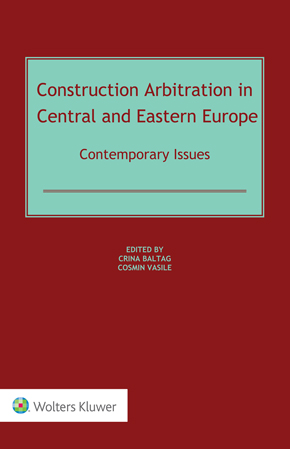
|
Construction Arbitration in Central and Eastern Europe: Contemporary Issues by Edited by Crina Baltag & Cosmin Vasile € 167 |









